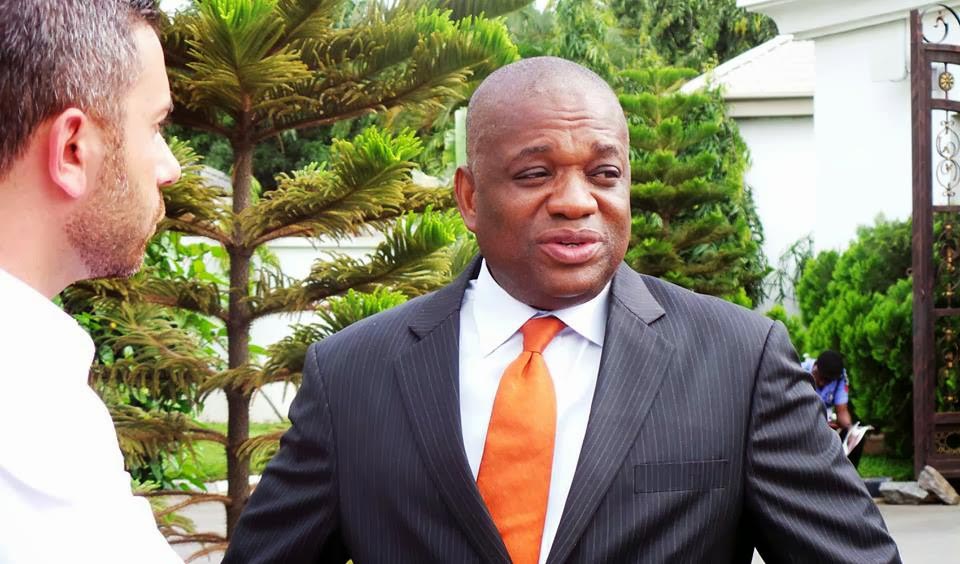ABUJA, Nigeria — The Nigeria Civil Aviation Authority (NCAA) has dismissed allegations made by Senator Orji Uzor Kalu that some pilots in the country’s aviation industry operate under the influence of drugs, describing the claim as “inaccurate and unfounded.”
In a statement issued on Thursday, October 16, 2025, the NCAA said it maintains a “rigorous and internationally recognised system” for certifying and monitoring the medical and professional fitness of all pilots operating in Nigeria.
“While the Authority holds the Distinguished Senator and the National Assembly in the highest esteem, it is necessary to provide factual clarifications in the public interest,” the statement read.
Kalu, representing Abia North, had told the Senate on October 15 that some pilots “smoke Indian hemp” and were “not properly audited” by the authorities.
He made the comments during a plenary debate on aviation safety following the Nigerian Safety Investigation Bureau’s (NSIB) report on an Air Peace runway incident at the Port Harcourt International Airport.
The NCAA, however, said no pilot in Nigeria is allowed to operate a registered aircraft without both a valid licence and a current medical certificate as stipulated under the Nigeria Civil Aviation Regulations (Nig. CARs) Part 8.4.1.4.
“Holders of Commercial Pilot Licences and Airline Transport Pilot Licences are required to possess a Class 1 Medical Certificate before they are allowed to operate,” the statement said.
The authority explained that medical certificates are issued only after comprehensive aero-medical evaluations conducted by authorised examiners and verified by NCAA’s in-house assessors.
The examinations include cardiovascular, neurological, psychological, metabolic, and respiratory assessments, as well as substance-use screening.
“It also screens for psychoactive substances, mental or behavioural disorders, abnormal blood pressure, heart or lung diseases, neurological disorders, and other physiological conditions that could affect safe performance,” the NCAA said.
The NCAA stated that it conducts random and unannounced substance testing on flight crew members and daily ramp inspections at airports across the country.
Inspectors verify crew licences, medical certificates, and general fitness for duty, with any irregularities resulting in enforcement action.
In August 2025, it noted, the licence of a ValueJet pilot was suspended for initiating departure without proper clearance — an example, it said, of its “zero-tolerance policy for safety violations.”
The agency emphasised that its oversight system aligns with global standards set by the International Civil Aviation Organization (ICAO) and has consistently met ICAO’s audit requirements under the Universal Safety Oversight Audit Programme (USOAP).
“It is therefore inaccurate to suggest that pilots operate under the influence of substances or without adequate checks,” the statement concluded.
Responding to Kalu’s separate claim that modern aircraft “take off and land automatically,” the NCAA said that while many planes are equipped with autopilot and autoland features, these do not replace pilot responsibilities.
“Take-offs are entirely manual, and although autoland systems exist, they are used only under specific weather conditions and always under pilot supervision,” it said.
The authority added that Nigeria currently has no airport certified for Category III (CAT III) operations, which are required for fully automatic landings in low-visibility conditions.
Reaffirming its commitment to aviation safety, the NCAA said it would continue to enforce international best practices through “continuous inspections, substance testing, and strict adherence to ICAO provisions.”







